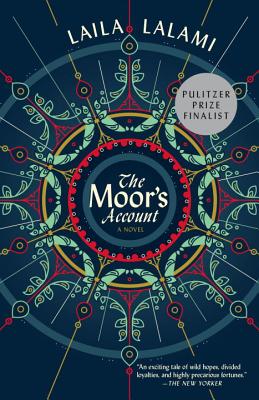Pulitzer Prize Winning Books by Black Writers (includes Finalists)

Since 1917 the Pulitzer Prize has honored excellence in journalism and the arts. The first award was presented in 1918. The Prize recognizes American authors in six “Letters and Drama” categories; Biography/Autobiography, Fiction, General Non-Fiction, History, Poetry, and Drama (technically not a book award, but plays are all available as books and have been included here).
The first African-American writer to win a Pulitzer Prize in any of the above categories was Gwendolyn Brooks who received the award for poetry for her collection Annie Allen in 1950.
3 Books were Finalists or Winners of Pulitzer Prizes in 2015
Winner - Poetry
Digest (Stahlecker Selections)
by Gregory Pardlo
List Price: $15.95Four Way Books (Oct 07, 2014)
Poetry, Paperback, 84 pages
More Info
From Epicurus to Sam Cooke, the Daily News to Roots, Digest draws from the present and the past to form an intellectual, American identity. In poems that forge their own styles and strategies, we experience dialogues between the written word and other art forms. Within this dialogue we hear Ben Jonson, we meet police K-9s, and we find children negotiating a sense of the world through a father’s eyes and through their own.
Winner - Drama
Father Comes Home From the Wars (Parts 1, 2 & 3)
by Suzan-Lori Parks
Theatre Communications Group (Jun 23, 2015)
Fiction, Paperback, 192 pages
More Info
Finalist - Fiction
The Moor’s Account
by Laila Lalami
List Price: $15.95Vintage Books (Aug 18, 2015)
Nonfiction, Paperback, 336 pages
More Info
**PULITZER PRIZE FINALIST**
**NOMINATED FOR THE MAN BOOKER PRIZE**
**WINNER OF THE AMERICAN BOOK AWARD**
A New York Times Notable Book
A Wall Street Journal Top 10 Book of the Year
An NPR Great Read of 2014
A Kirkus Best Fiction Book of the Year
In these pages, Laila Lalami brings us the imagined memoirs of the first black explorer of America: Mustafa al-Zamori, called Estebanico. The slave of a Spanish conquistador, Estebanico sails for the Americas with his master, Dorantes, as part of a danger-laden expedition to Florida. Within a year, Estebanico is one of only four crew members to survive.
As he journeys across America with his Spanish companions, the Old World roles of slave and master fall away, and Estebanico remakes himself as an equal, a healer, and a remarkable storyteller. His tale illuminates the ways in which our narratives can transmigrate into history—and how storytelling can offer a chance at redemption and survival.



